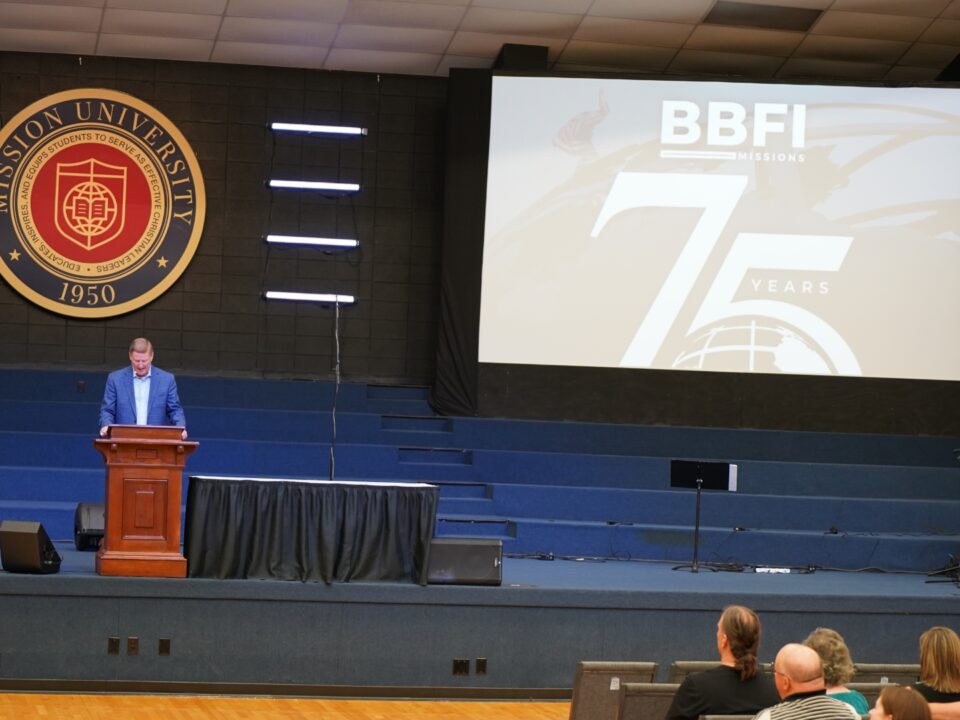Are We Satisfied with the Status Quo?
Professional Development, Skillset Expansion, Self-Improvement. A myriad of names are used to define the concept of improving on the things we do. I remember sitting in Hermeneutics class at Baptist Bible College in the early 90’s under Dr. Gleason as he emphasized the importance of sharpening our swords for service. In relation to thoroughly studying Scriptures, he used the analogy of doctors and lawyers who, as professionals, continued to hone their skills to be the best at what they did by regularly keeping up with the latest developments in their area of expertise. He then posed the question, “Which doctor would you choose to perform your brain surgery? The doctor who rarely attended class, barely got by with his studies and grades, and never felt the need to brush up on the latest brain surgery procedures and tools? Or would you choose the surgeon who gave all he had to continually studying, practicing and improving in his field?” The answer was obvious, and Dr. Gleason’s next questions resonate with me to this day. “Should we give any less? Is what we do any less important? Does God expect less?” Of course, the answer is an emphatic NO to all the above. So, what can we do to improve? Is there such a thing as professional development for the disciples/ministers of the Lord?
Carefully consider how you invest in continuing your studies. Always remember (with the exception of #1) you need a “take it or leave it” mentality when it comes to anything that doesn’t come straight from Scripture–we call this discernment. There is good and bad in all the other options, so focus on the good things that will benefit you, your family, and the ministry to which you have been called. Although this is not an all-inclusive list of possibilities, here are a few that I have personally found helpful.
- Be in the Word of God every day – in personal devotions, devoted language study (original languages and languages we learn to minister in the places God puts us), sermon preparation, and Scripture memorization. The Word of God is the Sword that is used to penetrate the hearts of sinners. The Holy Spirit does His part in convicting, but we should be at our best in knowing and presenting the Word of God.
- Attend conferences – Although there are many conferences out there, not all are worthy of the time or financial investment they require. Recently I have attended a MissioNexus conference that specializes in world missions. They offer many tracks that focus on leadership, evangelism, finances, security, etc. It is held once a year in different locations.
- Podcasts – I know that, as missionaries, a vacuum can sometimes exist in terms of being connected or “preached to.” Thank the Lord there are churches who are providing podcasts of their services. If your church provides this resource, take advantage of it by setting aside the time needed to listen to them. Also, you have many other broadcasts and seminars at your disposal through the use of your smartphone or tablet. Missionary wives, there are a number of helpful podcasts for you and your children as well.
- Take a class or classes – Universities, community colleges, and trade schools offer a host of courses. It’s not necessary to seek a degree to improve your knowledge. A simple class now and then can be very beneficial, and the ability to take online courses helps make them more affordable and caters to the inherent time limitations of day-to-day missionary life.
- Study towards a degree or certification – As mentioned above, there are a myriad of education options. Maybe a degree is what you are seeking; however, do not think a doctorate is your only option. There are many associate degree programs and certifications that can be beneficial.
- Workshops – Communication skills, time-management, and finance workshops provide information that can help you focus on areas in which you might need some improvement. Workshops also offer the advantage of delivering information quickly without having to invest extra time and expense in comparison to semester-long courses. These can often be completed in a week or a few evenings over the course of a month.
- Books/Articles – Books and articles provide a wide range of topics in regard to continuing your education and enhancing your ministry skills. Preaching tools, devotionals, special interest groups, etc. literally place a wealth of information in your hands. For a missionary, in particular, the great thing about digital books and other resources is the ability to carry them wherever you go. Some may prefer the feel of an open book in their hand, but the advantage of having a digital copy that allows you to carry an entire library around the world in a tablet or on a phone eliminates any excuses for not having a book to read and learn from at any given time.
- Videos – No longer are we limited to videos or television segments in the language of the country in which we currently reside. We have access to great documentaries and research videos through the likes of Netflix and Hulu. In addition, You Tube provides a wealth of instruction on virtually any topic.
- Research – Anymore, personal research is easy. Online resourcing and libraries help extensively as research tools for sermons, lessons and personal study. The global community of online study and research through articles, journals and books has opened a whole new window to worldwide research.
- Mentor – The ancient, and not so ancient, opportunity to be discipled and disciple others (now commonly referred to as mentoring) is a great tool for learning and personal development. Proverbs 11:14 speaks about the wisdom that can be found in a multitude of counselors. It is important to surround ourselves with those we respect and can help us better ourselves through shared knowledge, instruction and counsel.
I hope you will consider utilizing one of the above options to help you develop the tools you have been given to be the best disciple of Christ you can be this year. We have been blessed to live in a day and age when resources are abundant. It is never too late to learn.
-By Timothy Long



